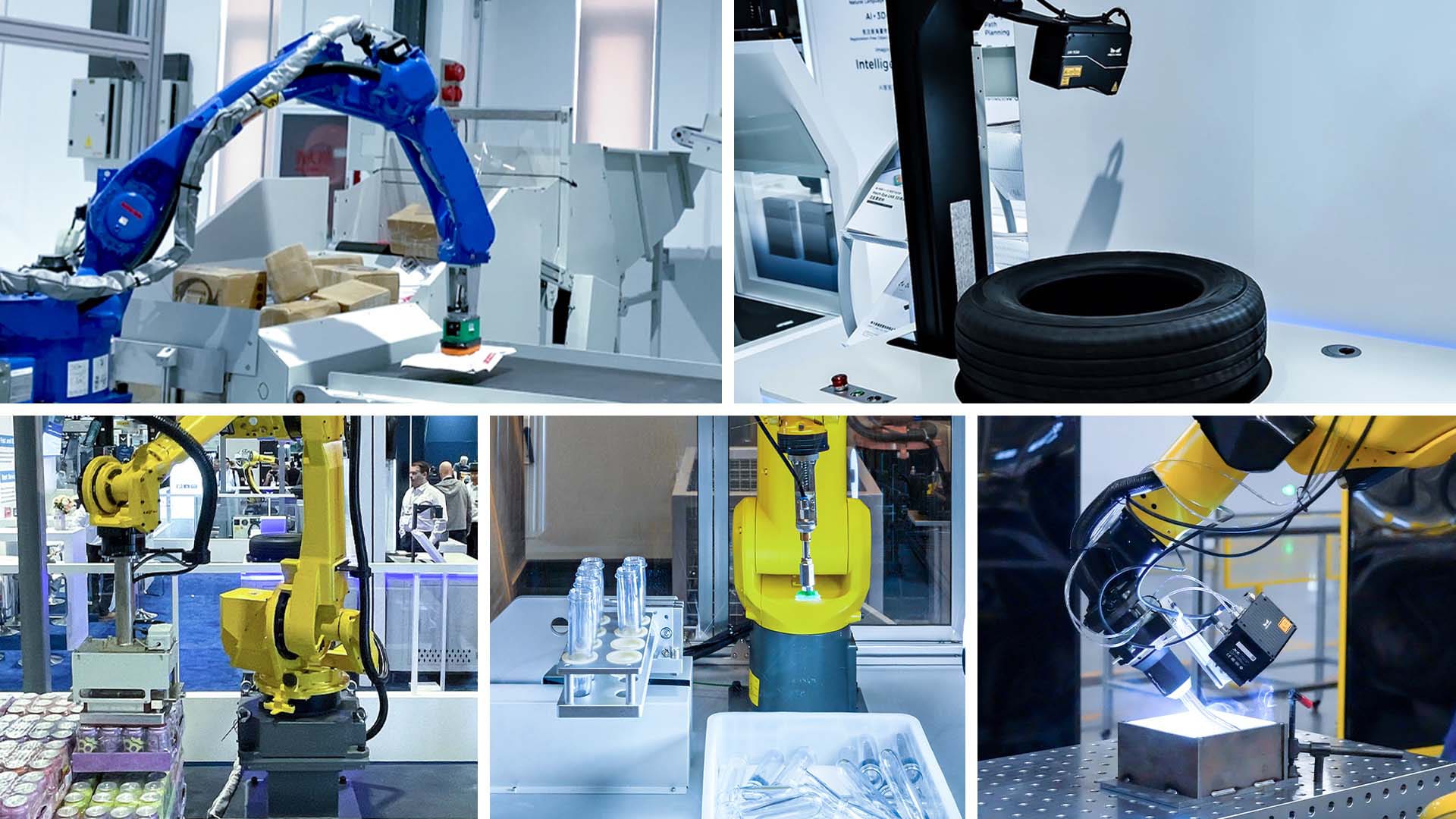In a global manufacturing arena where automation is no longer a luxury but a necessity, Beijing-based Mech-Mind Robotics is gaining ground quietly—but assertively.
Founded in 2016 by Shao Tianlan, the company was built on a deceptively simple insight: humans can follow instructions almost instantly, but programming industrial robots to do the same can take a week. Shao, a graduate of Tsinghua University and the Technical University of Munich, saw this mismatch firsthand while leading a small group of graduate researchers. “Our team of seven or eight graduate students would spend a week programming a robot to perform a simple task,” he said. That gap became Mech-Mind’s mission: to make machines that see and plan like people.
Fast forward to 2024, and Mech-Mind’s technology is reportedly operating in over 50 countries, with more than 15,000 installations worldwide. Its artificial intelligence-driven systems—ranging from robotic vision to deep learning toolkits—are used for tasks such as bin picking, welding, and inspection in the automotive, logistics, and electronics sectors.
In March, Mech-Mind opened a new robotics lab in Tokyo, Japan. The 1,000-square-meter facility includes a 400-square-meter exhibition and training area. Beyond the physical space, the lab signals a strong commitment to Japan as a strategic market. Candidly, Shao shared that he spent two years learning Japanese and rehearsed his speech over 100 times before delivering it fluently at the lab’s opening.
In addition to Japan, Mech-Mind has established teams in South Korea, Germany, and the US. These local offices manage sales, engineering, and training, while the headquarters in China ensures that each product is deployment-ready before entering new markets. “We avoid scattershot expansion,” said Xu Tingting, vice president of business and marketing at Mech-Mind.
Whenever the company selects a new market, it only introduces products that have been thoroughly validated in China. “We always start with what we do best,” Xu said. “A product that’s mature domestically carries lower risk abroad, where after-sales logistics are more complex.” For instance, Mech-Mind’s precision measurement tools were first introduced in South Korea, where they aligned well with local demands for accurate inspection workflows.
To support localization, Mech-Mind partners with system integrators and agents in each region. This approach leverages local expertise, minimizes distribution conflicts, and enables faster scaling. Local partners handle deployment and promotion, while Mech-Mind focuses on product development and after-sales support.
At the center of Mech-Mind’s platform is a suite of interoperable tools. Mech-Eye cameras capture high-precision depth data. Mech-Vision processes this input with complex image analysis. Mech-DLK provides deep learning capabilities tailored to specific industrial applications. Mech-Viz, arguably the most accessible component, enables users to program robots through a graphical interface, without writing code.

In 2024, Mech-Mind added Mech-MSR to this lineup. This no-code 3D measurement and inspection software is built for quality control and runs on the company’s laser profilers. It targets high-precision industries such as semiconductors, electric vehicles, and photovoltaics.
The guiding principle is repeatability over reinvention. “The market isn’t a single USD 1 trillion opportunity,” Shao said. “It’s 10,000 markets worth RMB 100 million each. You win by building products that scale.”
Mech-Mind’s marketing efforts are localized as well. Collateral is rewritten rather than merely translated. YouTube videos are optimized for regional audiences, taking into account SEO strategies and viewing habits, such as a preference for short-form content. “In every video, our core message appears within the first 30 seconds,” Xu said.
With more than USD 200 million in funding from investors including IDG Capital, Intel, and Meituan, Mech-Mind is exploring new product lines for service and consumer use. It is also expanding its network of training centers to better support global partners.
Meanwhile, the company’s R&D efforts include a collaboration with the University of Hamburg to explore multimodal AI that integrates visual, verbal, and schematic data. The goal is to enable robots to not just execute commands but to comprehend them. The first result of this collaboration is Mech-GPT, a large-scale model designed to enhance robotic understanding of natural language and complex visual inputs.
From a lean student project to a global automation player—that’s the arc Mech-Mind has traveled as it builds toward a future where robots function more like perceptive teammates than tools. Standardized. Scalable. And smart enough to make decisions on their own.
